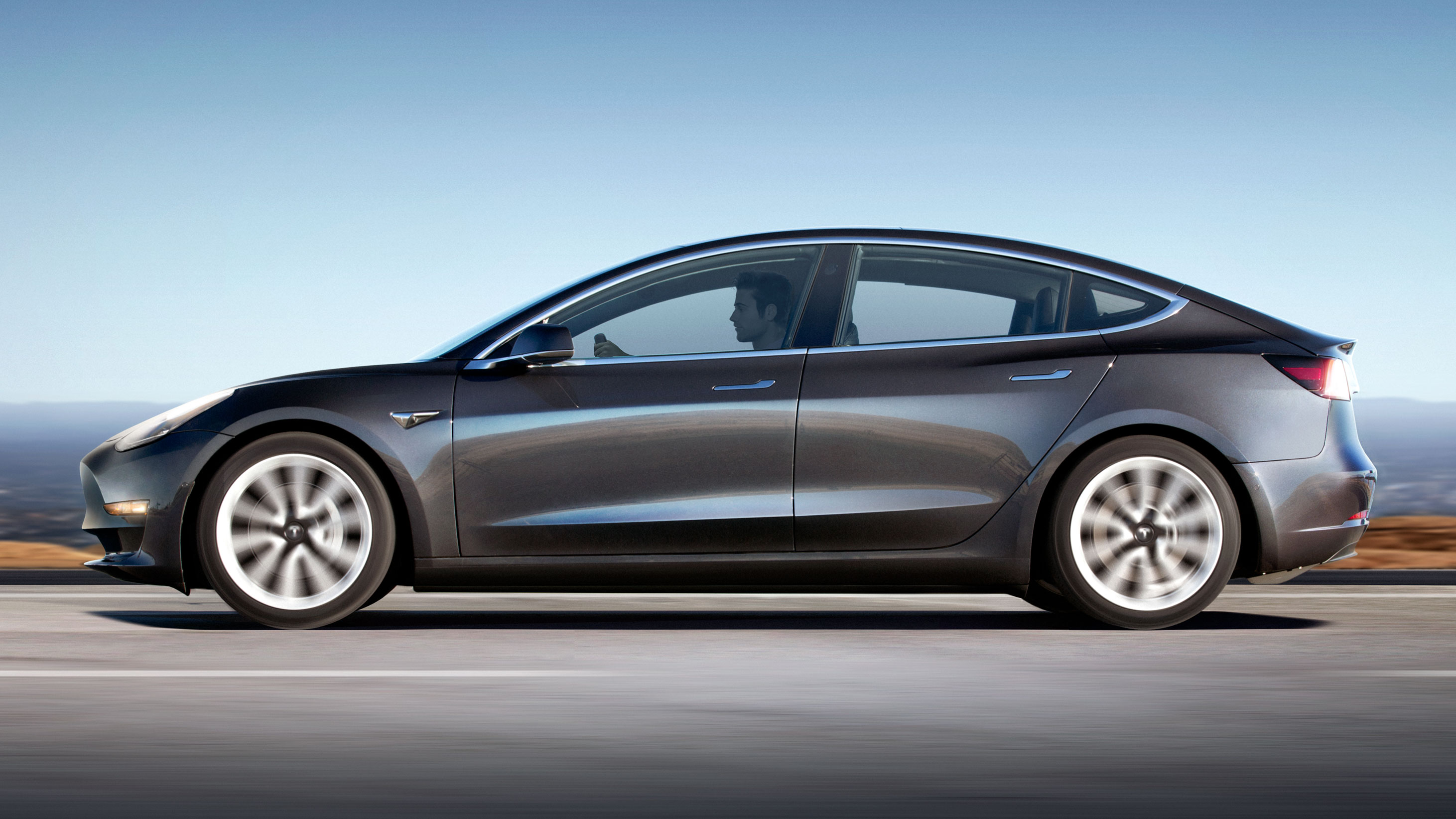Would you sacrifice EV range for new tech? Tesla buyers may not have a choice
More powerful hardware uses more electricity

Sign up for breaking news, reviews, opinion, top tech deals, and more.
You are now subscribed
Your newsletter sign-up was successful
Tesla has informed those buying the Model 3 with AMD's new Ryzen processor that the vehicle will take a small hit on its overall range.
Electric cars are among the most advanced and tech-packed products of today, but the advancements come at a cost. It's no secret that supporting powerful computer hardware and running advanced software takes tons of energy, but we're now learning the impact of an EV's processing power.
Some Tesla buyers in Australia recently shared a disclosure from the automaker that states new hardware may impact range. Tesla is moving away from Intel Atom processors to AMD Ryzen units to power its enormous touchscreens.
Recent Model 3 buyers in Australia were required to acknowledge a slight reduction in range to get the new hardware. Tesla replaced the Intel Atom processors it previously used with the AMD units, requiring more power to support.
As Teslascope reports, the change affects range, although slightly, tweeting that Tesla buyers in Australia must agree with the change before accepting delivery.
New Model 3 vehicles in Australia in addition to other regions are now delivering with the new MCU3 (Ryzen CPU) computer!Individuals with a pending delivery are now required to agree to a range decrease, due to increased power consumption. pic.twitter.com/lugJaHef0wJanuary 17, 2022
The automaker’s notification states that the hardware update shifted the Model 3’s range to 602 km (WLTP), or around 374 miles.
That's a change of 22 km (~14 miles). Tesla's range disclosure may be different or nonexistent, depending on where the car is being sold since countries have different consumer protection laws.
Sign up for breaking news, reviews, opinion, top tech deals, and more.
A notable shift
Looking at the amount of tech and the sheer number of gadgets that new EVs carry, it's surprising that this is the first time we're hearing of a major automaker acknowledging a significant reduction in range to accommodate new features.
This is a permanent and constant reduction in range to accommodate new tech. Of course, the car still has plenty of range and is still one of the longest traveling EVs on the market, but the shift is notable.
We've known, and automakers have been saying, for years that using features such as climate controls and stereo functions can impact range, but this is a different animal.
The move to solid state batteries with better energy density and quicker charging will make these discussions less impactful over time. Still, for now, it's clear buyers will have to be fine with accepting a slightly shorter range.
The decision might be more complicated if the impact on range were larger, but it's still an interesting question: would you accept a shorter range to get a better technology experience? Does the type of tech affect your thinking?
Via InsideEVs

After working in the technology and software industry for several years, Chris began writing as a way to help people outside of that world understand the sometimes very technical work that goes on behind the scenes. With a lifelong love of all things automotive, Chris turned his attention to writing new vehicle reviews, detailing industry trends, and breaking news. Along the way, he earned an MBA with a focus on data analysis that has helped him gain a strong understanding of why the auto industry’s biggest companies make the decisions they do.